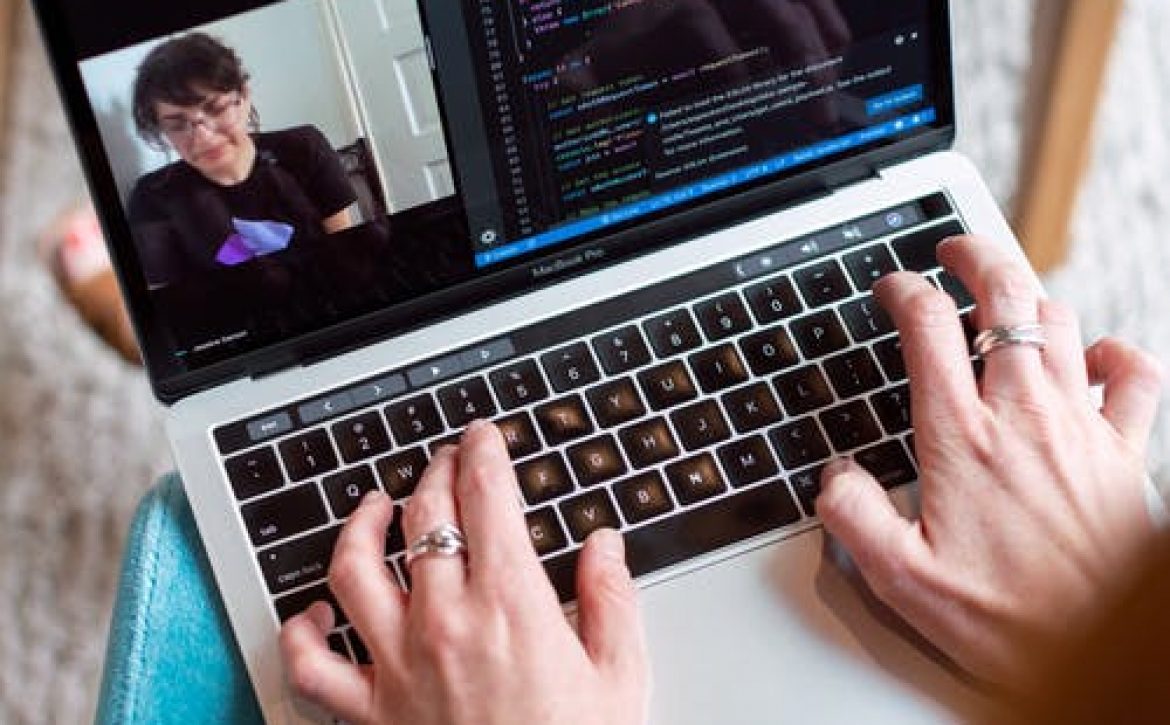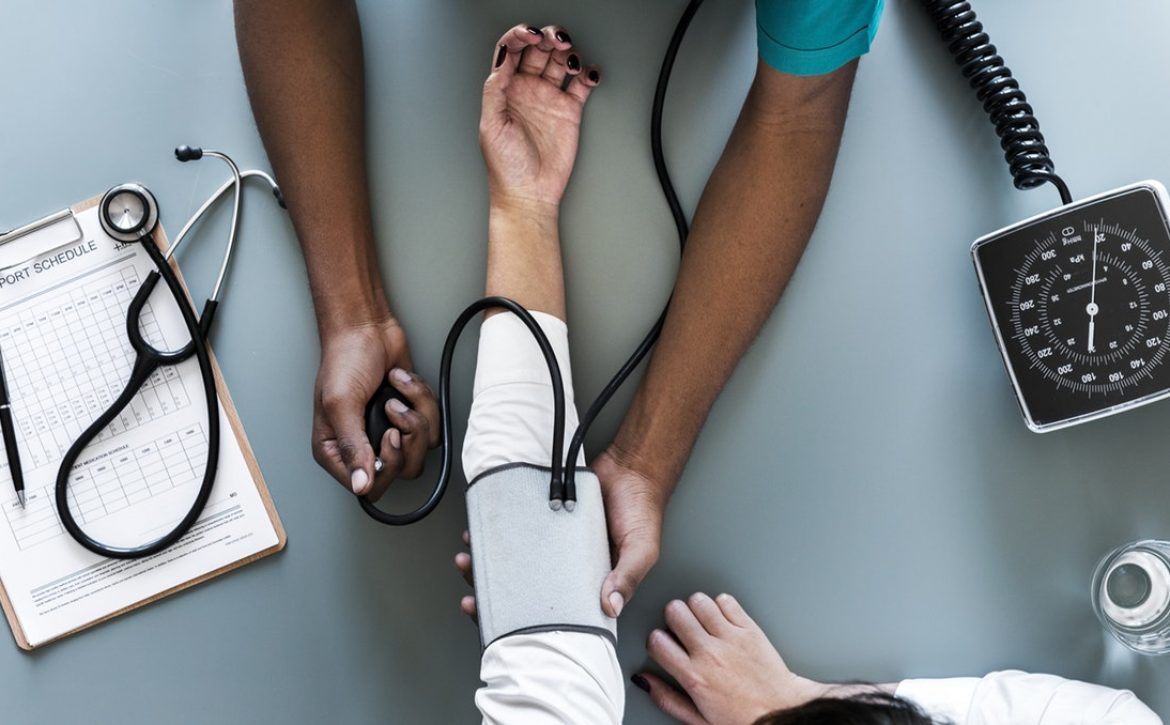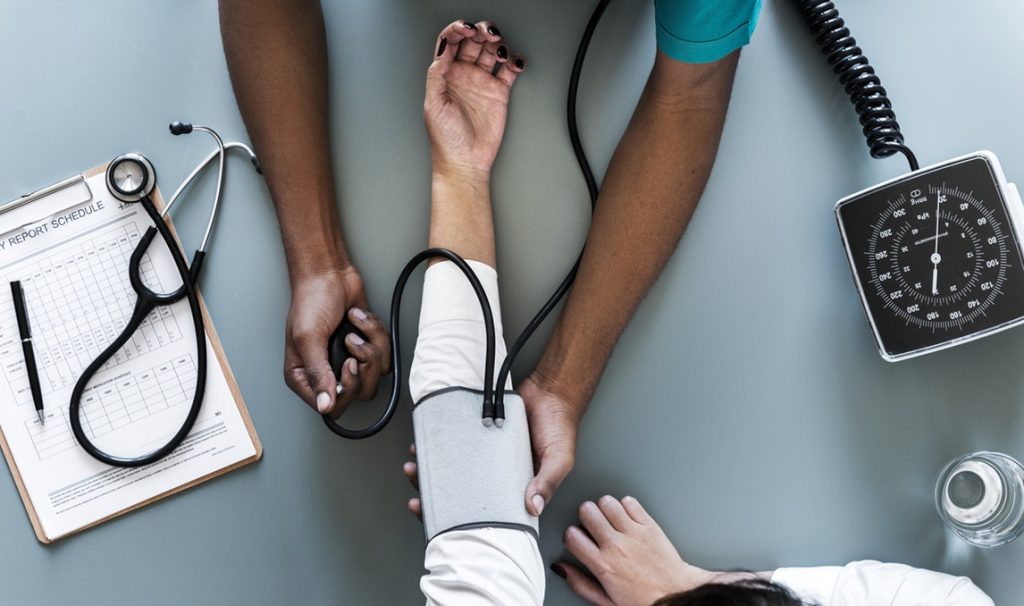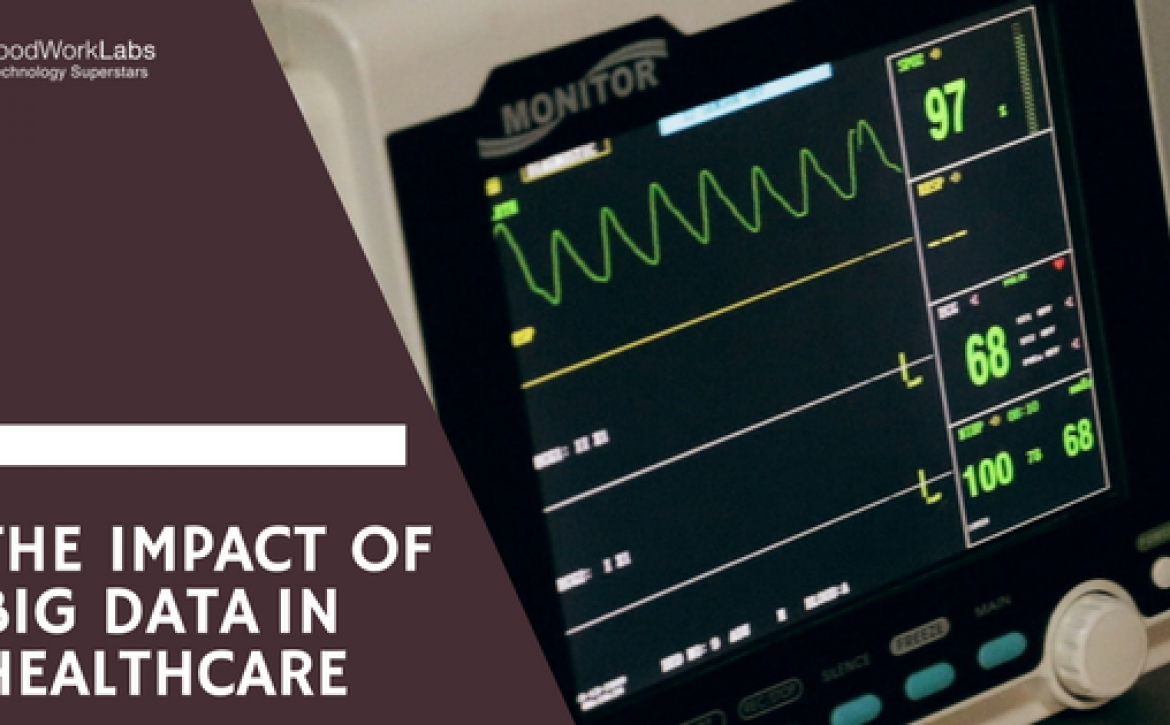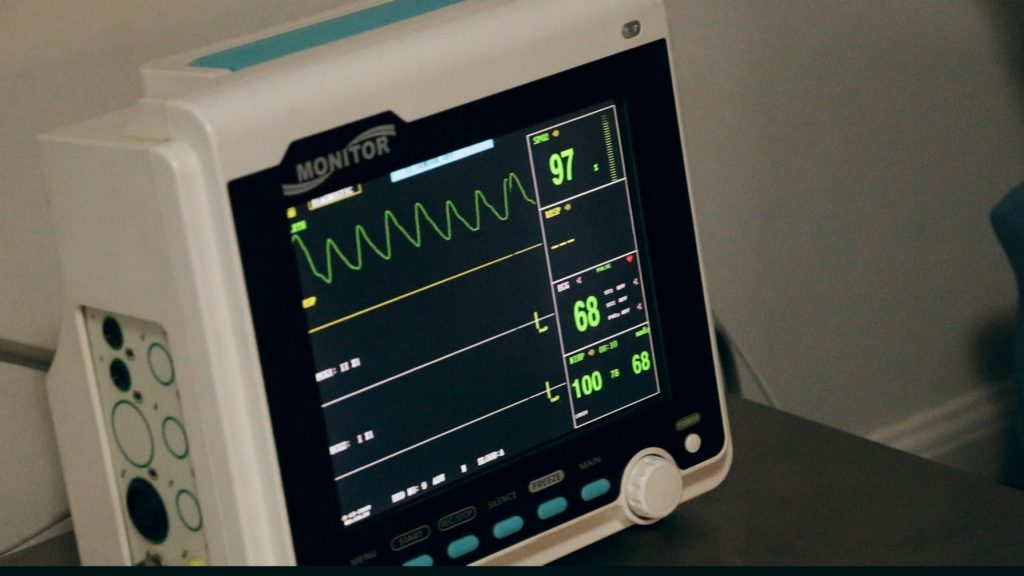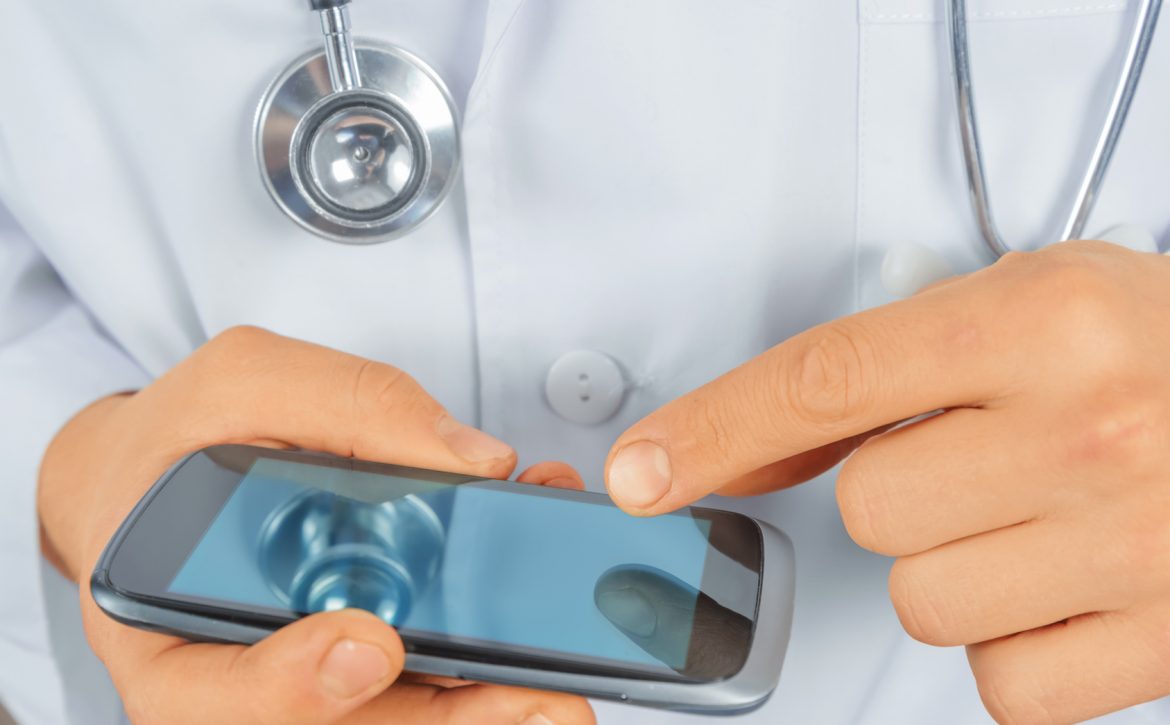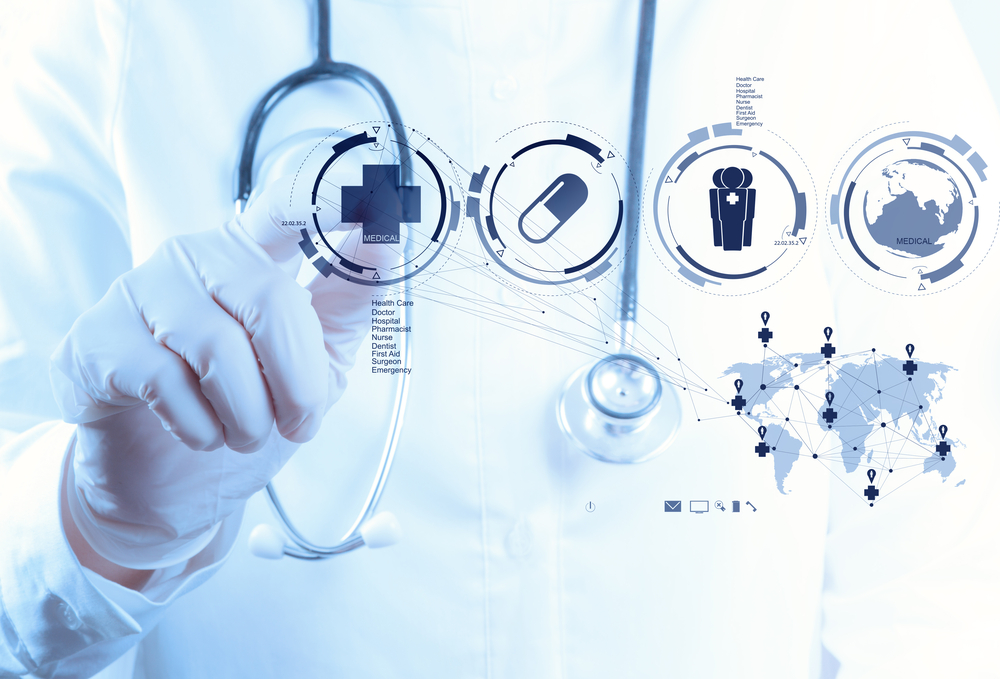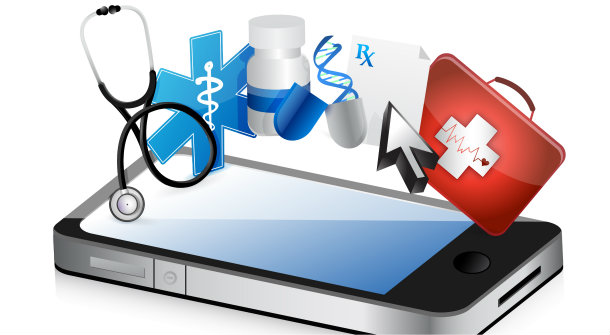The Future Of Healthcare Is Mobile
In the world of healthcare, technology is playing an ever-increasing role. From digital records to mobile devices, healthcare organizations are taking advantage of new technologies to improve patient care and streamline operations. But one area that holds particular promise for the future of healthcare is mobile technology—the ability to access health information and services on smartphones and tablets. With health apps, telemedicine, wearables, and more, mobile technology is poised to revolutionize the way we manage our health and provide healthcare services. In this article, we’ll explore what the future of healthcare looks like with mobile technology at its core.
The current state of healthcare
The current state of healthcare is in a state of flux. However, one thing is certain: the future of healthcare is mobile. We are already seeing a shift towards mobile health applications and devices that allow patients to take control of their own health. These apps and devices are becoming more and more sophisticated, and as they become more widely used, they will revolutionize the way we think about healthcare.
There are a number of reasons why mobile health is the future of healthcare. First, it gives patients access to their health data 24/7. This data can be used to track trends and make decisions about their health. Second, mobile health apps and devices are becoming more and more user-friendly, meaning that even those who are not tech-savvy can use them effectively. Third, mobile health allows for remote monitoring by doctors, which means that patients can get care without having to travel to a doctor’s office or hospital. Finally, mobile health has the potential to make healthcare more affordable by reducing or eliminating the need for expensive medical tests and procedures.
The bottom line is that mobile health is changing the way we think about healthcare, and it is poised to revolutionize the industry in the years to come.
The rise of mobile health
The rise of mobile health is one of the most significant trends in healthcare today. This increase in mobile device ownership and usage is having a profound impact on how healthcare is delivered and consumed.
The benefits of mobile health
There are many benefits of mobile health, including:
1. Increased access to care: Mobile health technologies can help increase access to care, especially for underserved populations.
2. Improved patient engagement: Mobile health technologies can help improve patient engagement by providing patients with timely information and reminders about their health.
3. Enhanced communication between providers and patients: Mobile health technologies can help enhance communication between providers and patients by providing a platform for two-way communication.
4. Greater convenience: Mobile health technologies can provide greater convenience for both patients and providers by eliminating the need for face-to-face visits in some cases.
5. Cost savings: Mobile health technologies can help save costs by reducing the need for expensive office visits or hospital stays.
The challenges of mobile health
One of the key challenges facing mobile health is data interoperability. Data from different devices and apps often aren’t compatible, making it difficult to get a comprehensive view of a patient’s health. Another challenge is security and privacy. With sensitive health data being stored on mobile devices, there’s a risk of unauthorized access or data breaches.
Mobile health also faces infrastructure challenges. In many parts of the world, there’s limited access to reliable internet and cellular networks. This can make it difficult to deploy and use mobile health technologies.
Despite these challenges, mobile health has great potential to improve healthcare access, quality, and efficiency. With the right policies and investments in place, mobile health can help achieve universal health coverage and other global health goals.
The future of healthcare
The future of healthcare is mobile. With the advent of new technologies, the delivery of healthcare is becoming more and more portable. Healthcare providers are now able to offer their services through mobile apps and devices. This means that patients can receive care anywhere, at any time.
One of the most exciting aspects of the future of healthcare is the way in which it will be personalized. Patients will be able to use their smartphones and other devices to track their health data, access their medical records, and receive tailored recommendations for treatments and lifestyle changes. In other words, the future of healthcare is all about putting the patient in control.
Another exciting development is the way in which artificial intelligence (AI) will be used to improve healthcare. AI-powered chatbots and digital assistants will be able to help patients with everything from booking appointments to ordering prescriptions. And as AI gets better at understanding human language and behaviour, it will become even more useful in Healthcare.
So, what does the future of healthcare look like? It’s mobile, it’s personalized, and it’s powered by artificial intelligence.
To know more, get in touch with our expert team at GoodWorkLabs! Contact us here!


